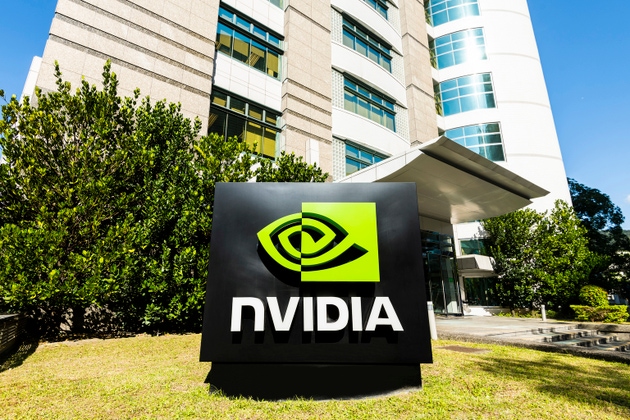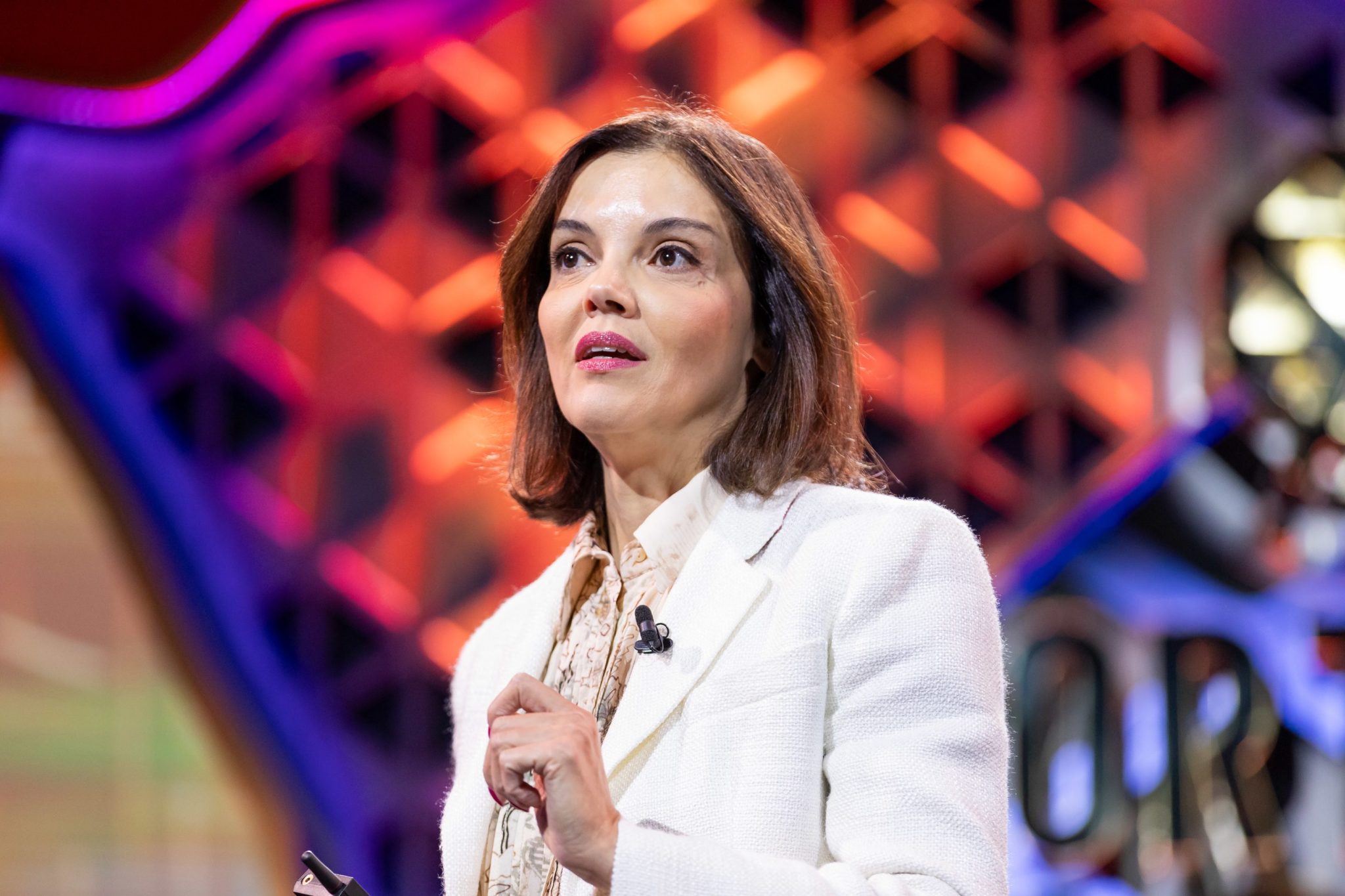Gen Z graduates are stepping out of college and into a tough labor market: major employers are slimming down their workforces, AI is automating human roles, and entry-level jobs are gradually disappearing. But that trend could spell trouble in the long run. Now, Airbnb’s CEO Brian Chesky, is sounding the alarm against employers shutting Gen Z out of work.
“[AI] can do a lot of lower-level, more entry-level position jobs. But if no young people can get jobs, then you have no one in the future to do the highly strategic leadership positions,” Chesky told ABC News in a recent interview.
“So we need to make room for people early in their careers, even if AI can do the interns’ work.”
As companies like Amazon, Meta, and Salesforce are cutting workers to make way for AI investments and job automation, there’s fear in the air that tech could take over human jobs for good. But so far, the bottom rung of the corporate ladder is being most affected; employers are using AI to automate simpler, lower-level tasks, managers are hesitant to hire Gen Z professionals, and internships are dwindling.
But Chesky maintained that humans don’t “realize how smart people are relative to AI,” and that workers will always be needed for novel and operational tasks. Plus, chatbots don’t have that human touch; people have a certain je ne sais quoi needed to lead workforces that AI can’t replicate. However, Gen Z needs the chance to work their way from the bottom up and learn the ropes of leadership, as millennials and Gen Xers one day age out of their jobs.
“People are going to still want relationships. Leadership is still going to matter,” Chesky continued. “I think AI is mostly going to be a tool. I don’t think it’s magic.”
Employers are favoring AI over Gen Z—and it could backfire
It’s no secret that AI is coming for jobs, and Gen Z is experiencing the shift first-hand. Mass firings have wiped out entire corporate departments across the U.S.; companies announced more than 806,000 job cuts from January through the end of July this year, according to a report from Challenger, Gray & Christmas—a 75% spike from the 460,000 reductions announced through the first seven months of last year.
Young job-seekers from all around the world are feeling the heat, too; In the U.K., a whopping 1.2 million applications were submitted for just 17,000 U.K. graduate roles in 2023/2024. And as of this July, 58% of Gen Z students globally who finished college in the past year were still trying to find stable work, compared to 25% of millennials and Gen Xers who faced the same predicament.
It’s getting even tougher to land a job at major tech employers like Meta, Microsoft, and Apple which were once known for snatching up budding talent.
The percentage of young employees between the ages of 21 and 25 has been cut in half at tech firms over the past two years. In January 2023, these Gen Zers accounted for 15% of the workforce at large public tech firms, and by August 2025, they only represented 6.8%, according to data from compensation management software business Pave. It’s the same at big private tech companies, too—during that same time period, the proportion of early-career Gen Z employees dwindled from 9.3% to 6.8%.
Just like Chesky, Pave founder and CEO Matt Schulman worried that this change could break the leadership pipeline. Schulman used sales roles as an example: there is a very linear path up the career ladder at every tech company, where they start with junior-level outbound sourcing work, then become mid-market account executives, then enterprise sellers. But if Gen Z can’t even snag an entry-level job, who is being trained to fill more senior roles down the road?
“Enterprise sellers are still needed, but you’re removing the roles beneath them on that career hierarchy,” Schulman told Fortune last month. “How are we going to train the future of enterprise sellers, if they aren’t going through the conventional steps to get there?”
This story was originally featured on Fortune.com

 4 hours ago
1
4 hours ago
1







 English (US) ·
English (US) ·